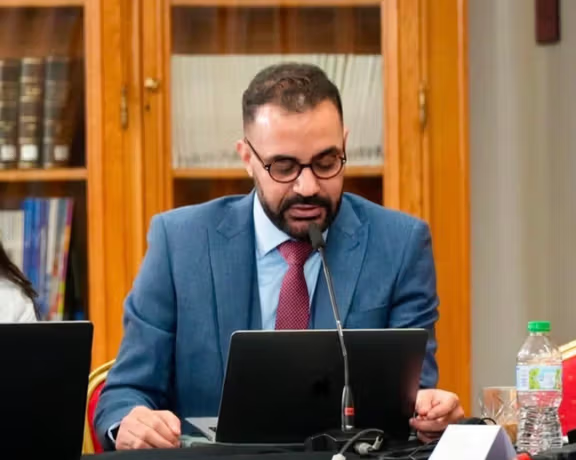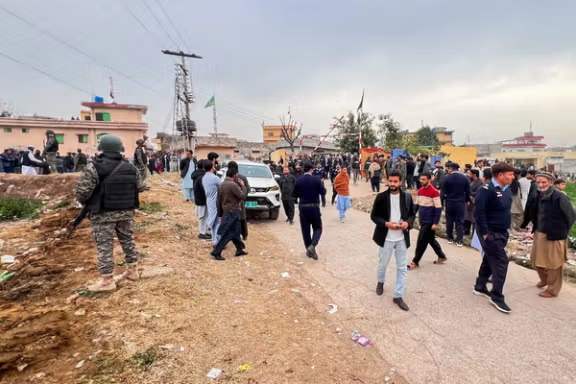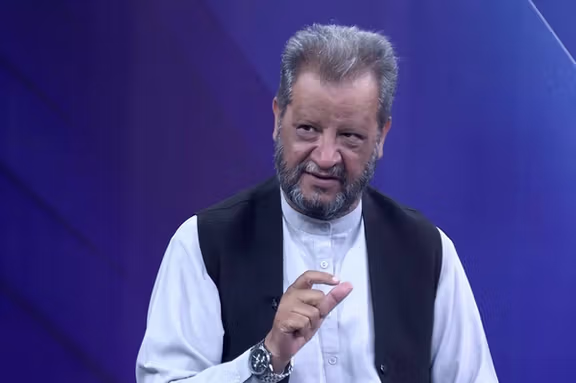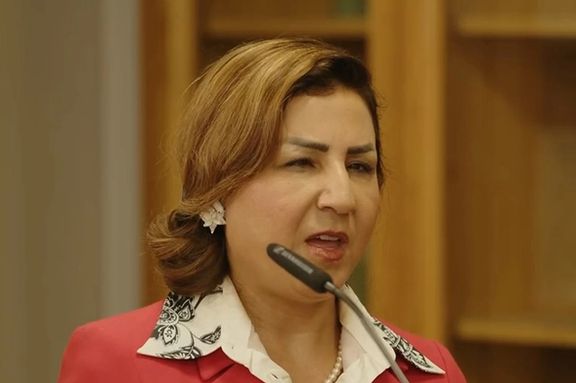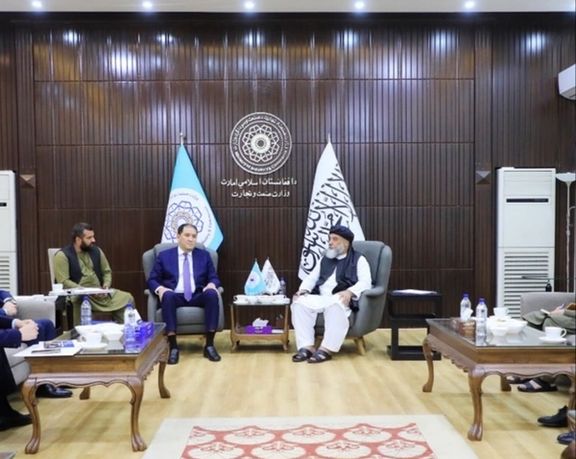The two met on the sidelines of the Moscow Format meeting, where Muttaqi hailed Russia’s decision to recognise the Taliban regime as a “historic and significant step” in strengthening bilateral ties.
According to a statement from the Taliban’s Foreign Ministry, Muttaqi said the move opens new opportunities for political and economic cooperation and marks “a major step toward Afghanistan’s active engagement in the international community.” He also underscored the importance of joint efforts to combat narcotics, advance regional economic projects, and strengthen transit corridors.
The Taliban said Lavrov praised the group’s efforts to curb drug trafficking, improve security, and combat terrorism, adding that Russia values the Taliban’s “independent stance,” which he described as contributing to regional stability.
In a separate statement, the Russian Foreign Ministry noted that the regional and global situation “is complex and not getting easier,” but acknowledged progress in the Taliban’s counterterrorism efforts and cited UN reports of a sharp decline in opium cultivation in Afghanistan.
The statement added that Russia is interested in expanding cooperation with the Taliban in combating drug trafficking, terrorism, and organised crime, as well as in promoting peace and stability in Afghanistan.
90-Minute Discussion with Pakistan’s Envoy
On the sidelines of the same event, Muttaqi held a 90-minute meeting with Pakistan’s special envoy for Afghanistan, Mohammad Sadiq Khan.
Khan wrote on X that the discussion focused on enhancing bilateral cooperation in trade, transit, and regional security. Both sides stressed the importance of regional connectivity and agreed to explore practical steps to facilitate trade, including improving infrastructure and simplifying customs procedures.
The delegations also discussed the regional security situation, the presence of militant groups, and their impact on cross-border trade. They reaffirmed the need for continued joint efforts to address security concerns, protect transit routes, and combat illicit activities.
